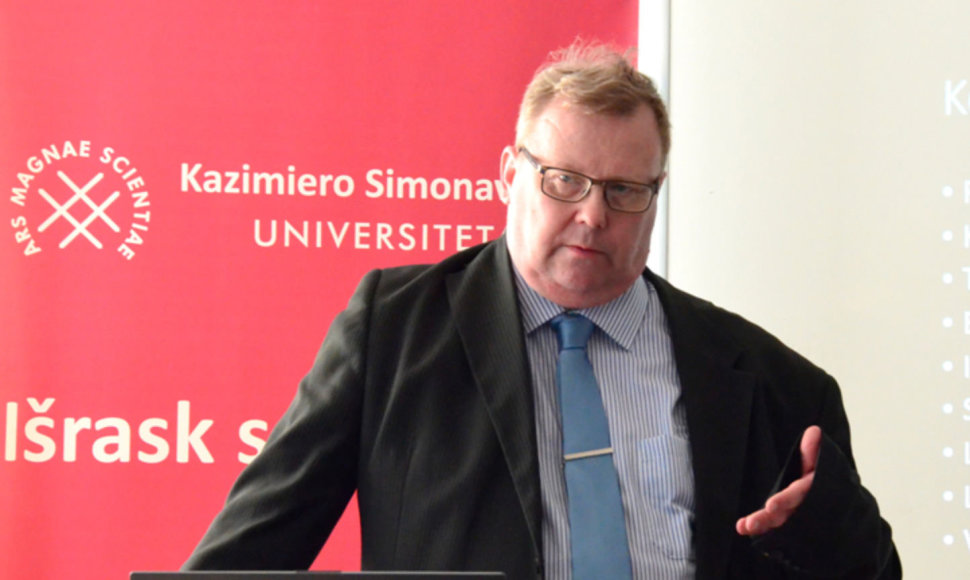Developed and commercialized by Finnish scientists and specialists in 2016, the Trend Forecasting Tool provides a broad picture of social change in technology, economics, environment and politics. The unique Futures Platform information repository holds data on over 700 future phenomena. Futures Platforms operates on a SaaS (Software as a Service) principle.
"What's happening in the world right now illustrates the need for and the benefits of this type of tool," says Dr. Jari Kaivo-oja, Professor of Kazimieras Simonavičius University, Head of the Master's Programme in Future Insights and Strategic Management. According to him, the world has long lived under so-called VUCA (Volatility, Uncertainty, Complexity, Ambiguity) conditions. Volatility, uncertainty, complexity and ambiguity are elementary parts of many emerging phenomena, COVID-19 phenomena as well (https://www.futuresplatform.com/blog/covid-19-world-after). Under these real-life conditions, standard solutions are not appropriate and new agile methods are needed. Strategic insights and tools, such as Futures Platform, provide frameworks where both businesses, politicians and NGOs can explore the future, develop and test business strategies, and plan for change. This strategic foresight tool, which can be tailored to organizations for their special business and social needs, is widely used in European industries and business operations.
The Futures Platform tool provides a wealth of detailed and useful information on global trends in various fields. This helps anticipate future changes and plan the organization accordingly, both in the short and long term, to keep up with global trends and to prevent investments in areas that will be less relevant in the future. Collaboration tools offered by the Futures Platform make it easy to involve team members or other stakeholders in processes.
"For example, municipalities can use the Futures Platform tool when planning urban and regional development scenarios, involving all stakeholders in the strategic process and see not only how their planned development correlates with global urban and regional development trends, but also with all stakeholders,” says Prof. Dr. Arūnas Augustinaitis, Lecturer of the Master's Programme in Future Insights and Strategic Management.
“The recent global developments and the wild card, called Covid-19, has once again proven the importance of continuous foresight and horizon scanning work. We work daily with world leading organizations on future related processes and activities, and lately we have seen a strong signal from these organizations to build continuous and automated AI based foresight systems and solutions. There are two main reasons behind this development. First, a clear lack of time and resources to carry out these activities. Second, it is no longer enough to understand the trends and impacts of you own industry or domain, there is a need to be able to scan the future with a wider scope. That is why we at Futures Platform want to develop a world leading foresight platform,” says Saku Koskinen, Foresight Expert and Partner Futures Platform.
Creating updated future scenarios with Futures Platform is not a one-off project every few years. It is a consistent communication of the latest developments in trends that are important to the organization and its operations. A core feature of Futures Platform is the visual Trend Radar which visualizes which trends are affecting the future. By creating a digital radar around your theme of interest, you can see in a single image the holistic, 360-degree view of changes related to your theme. This tool helps CEOs and management teams work together with updated foresight analyses. The radar provides direct, one-click access to relevant articles and videos produced by experts on the future, providing a broader picture of how the world is changing. More about the Futures Platform can be found at www.futuresplatform.com.
Currently, the Futures Platform is used by organizations such as Business Finland, Fortum, Fiskars Group, the European Commission's Joint Research Center (JRC), IESE Business School in Barcelona, and other leading organizations.












